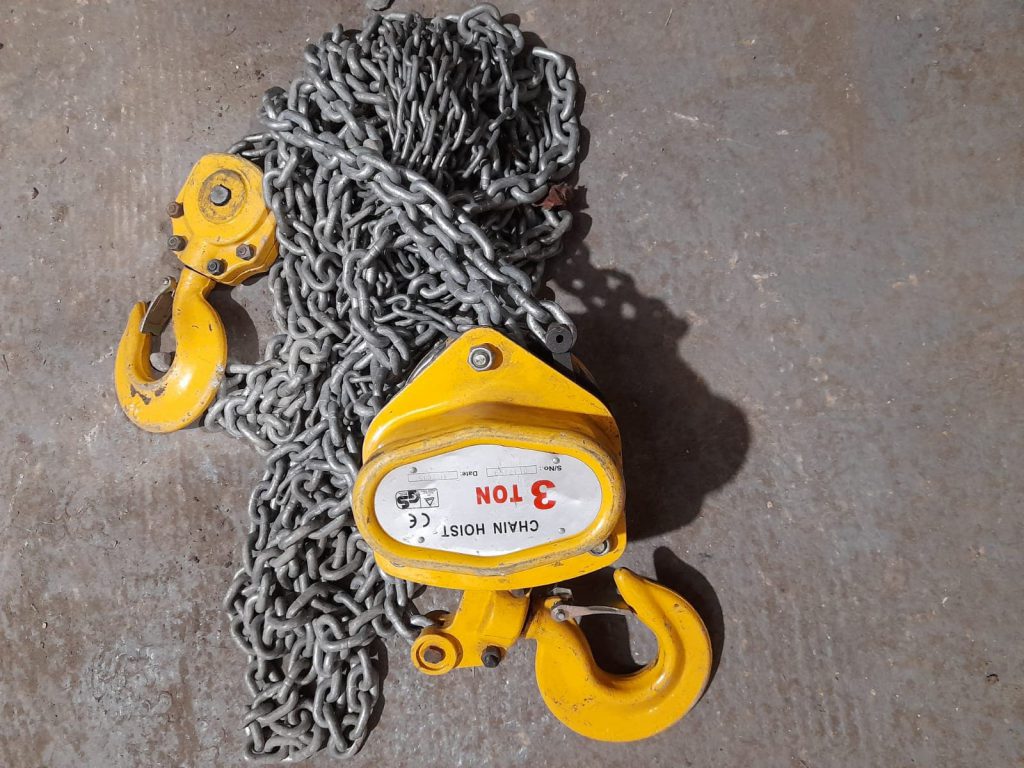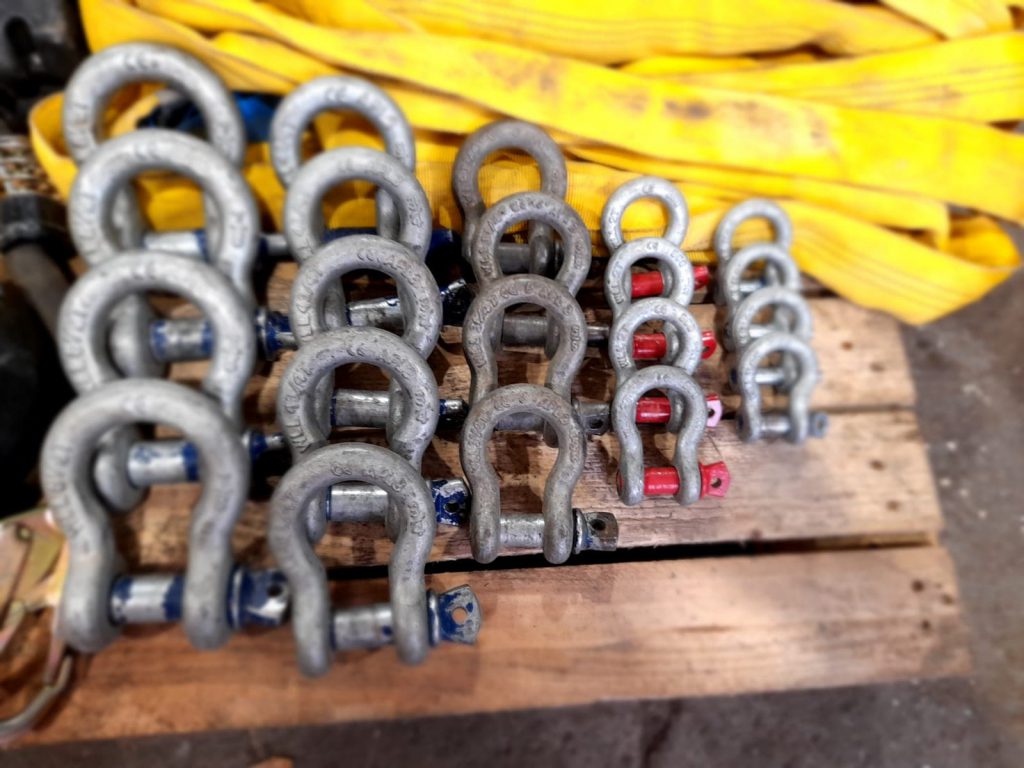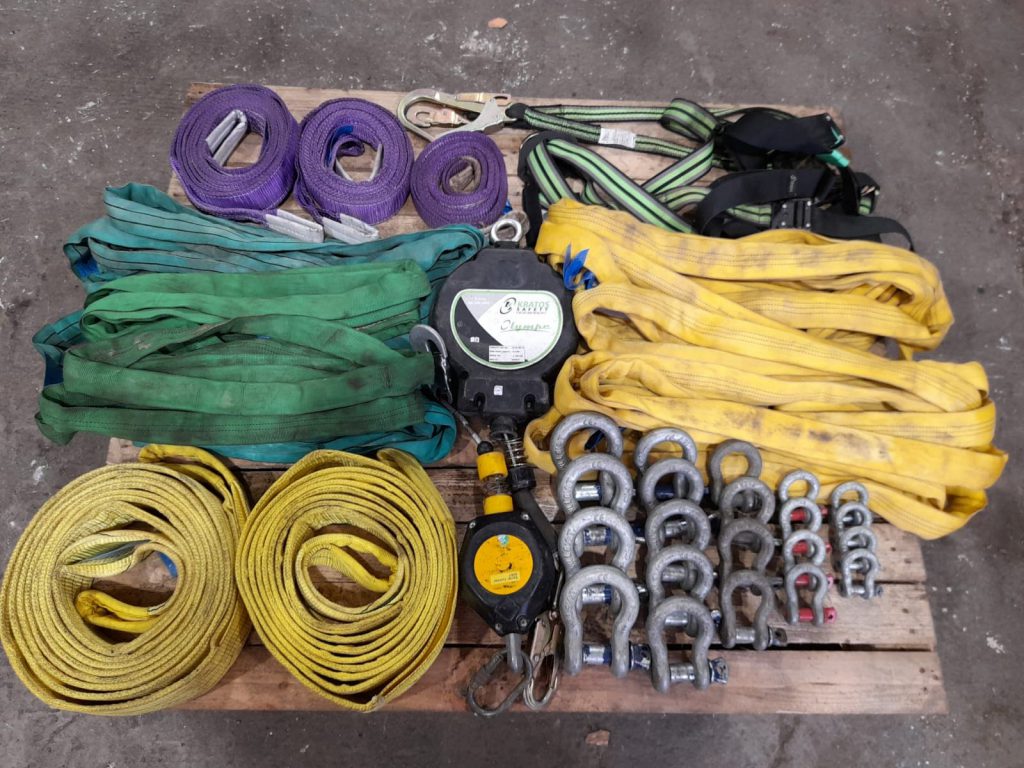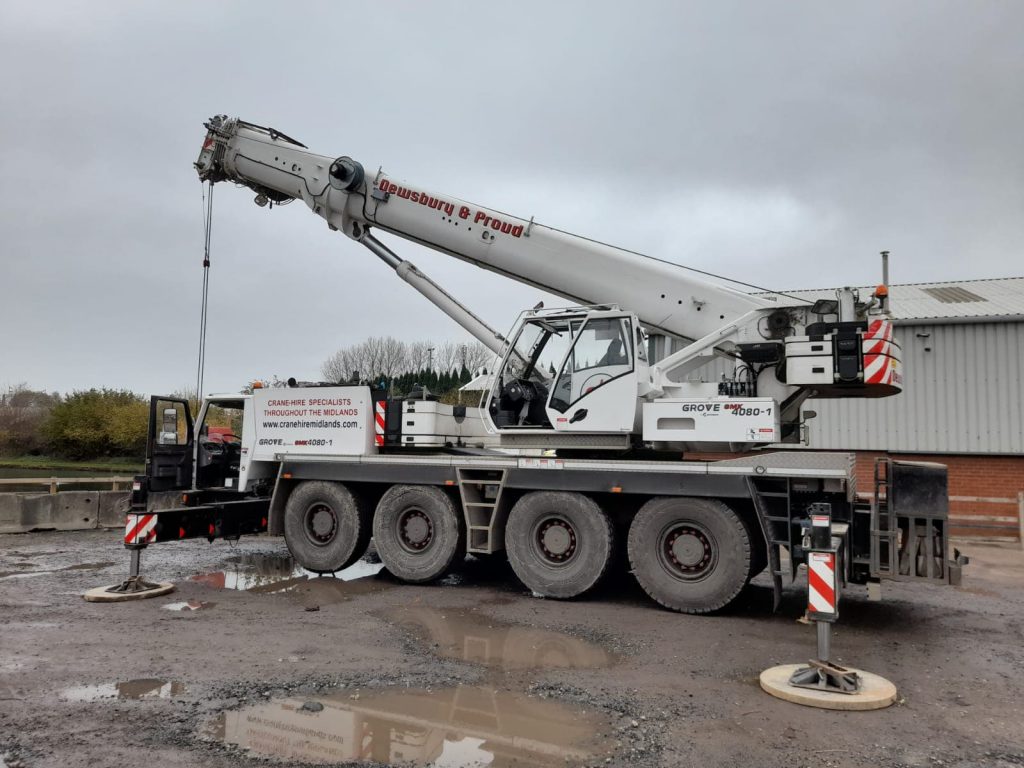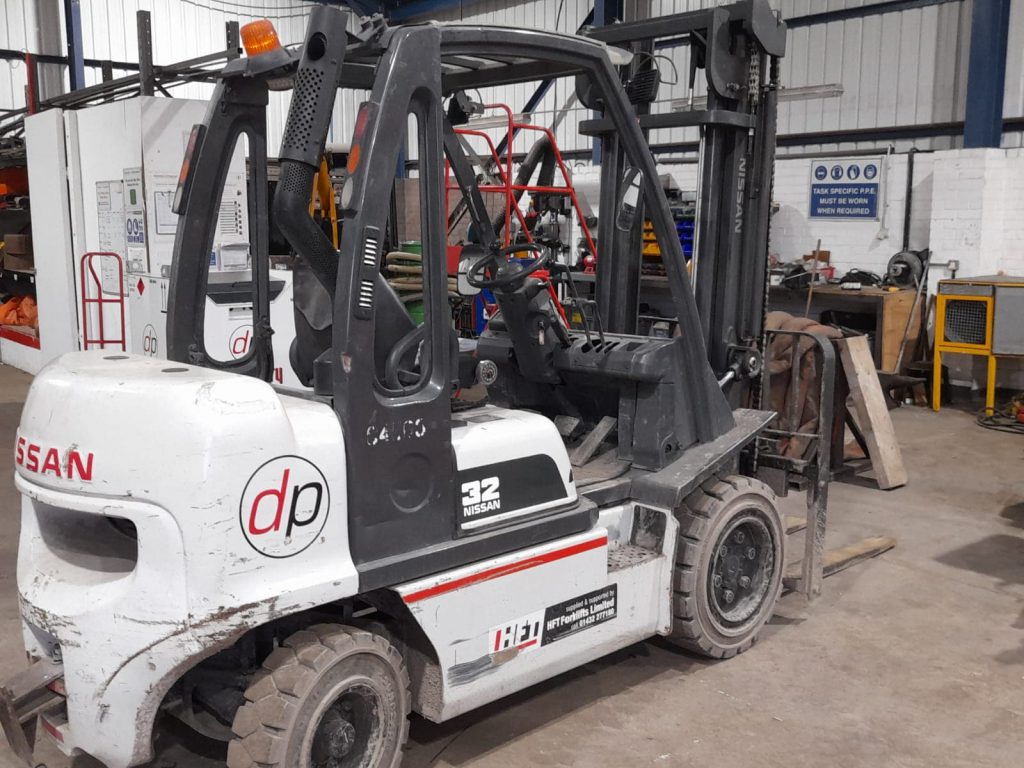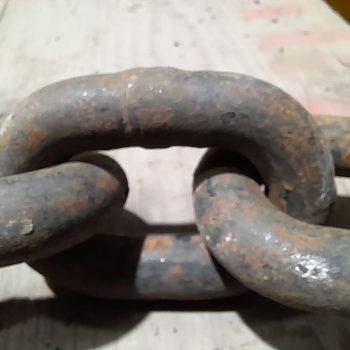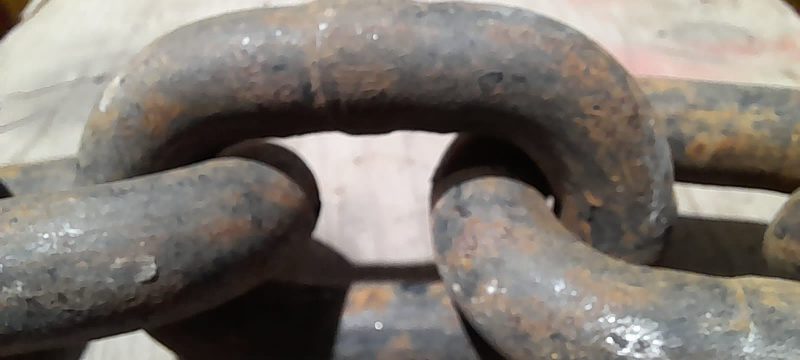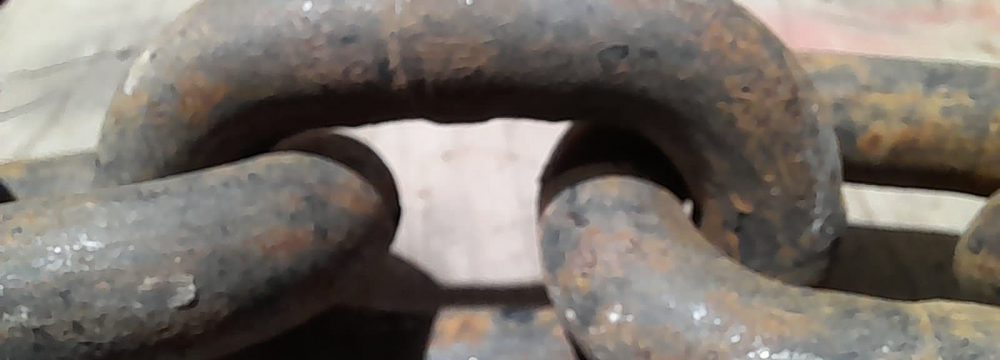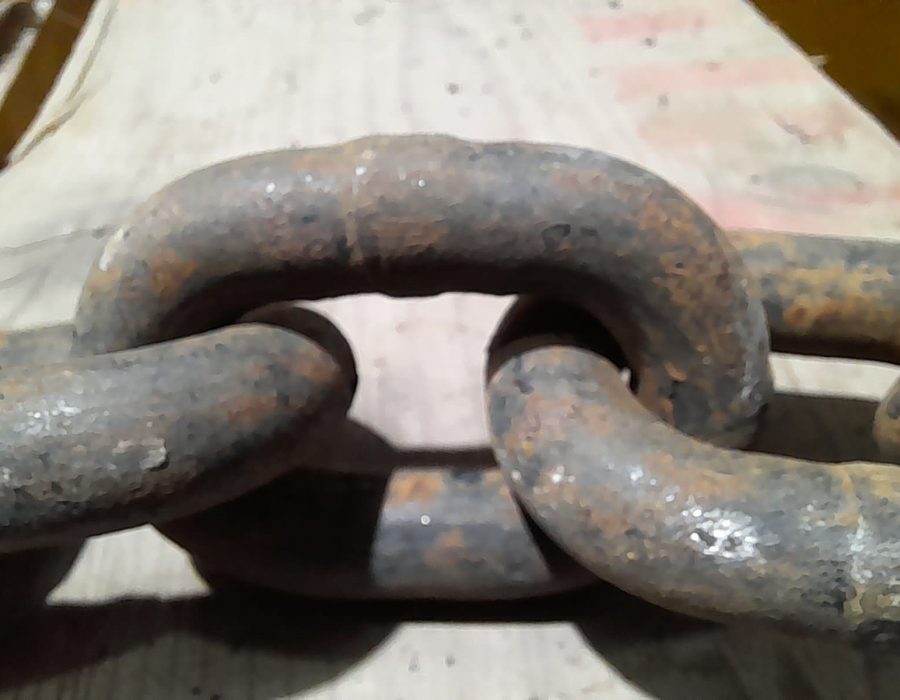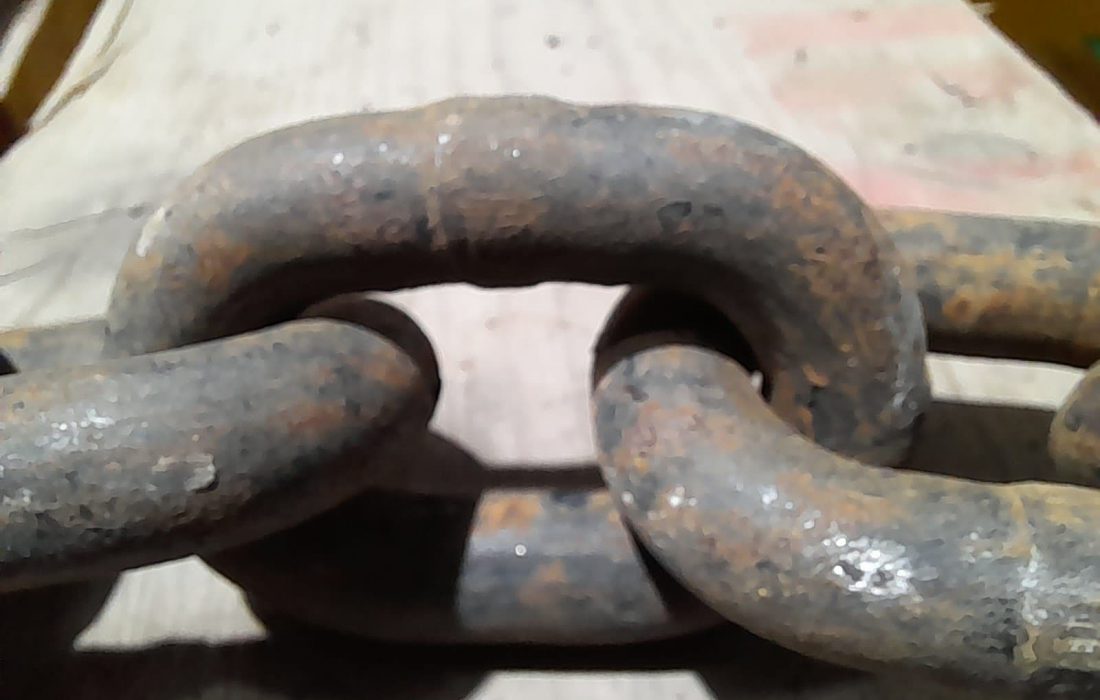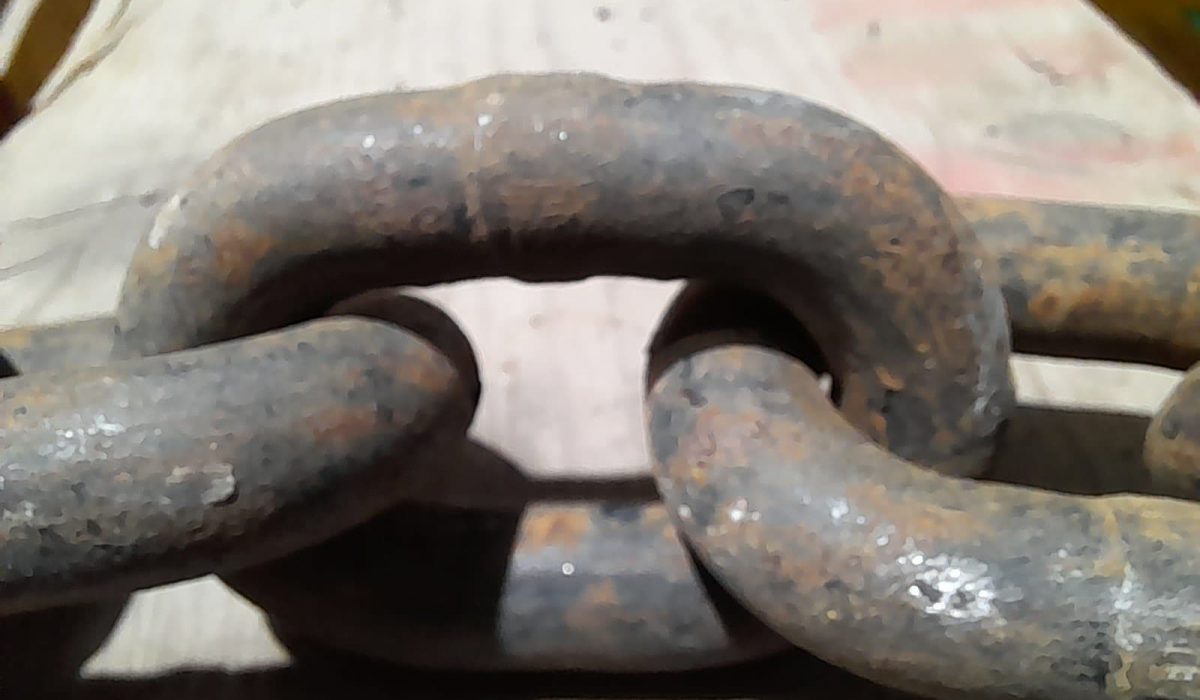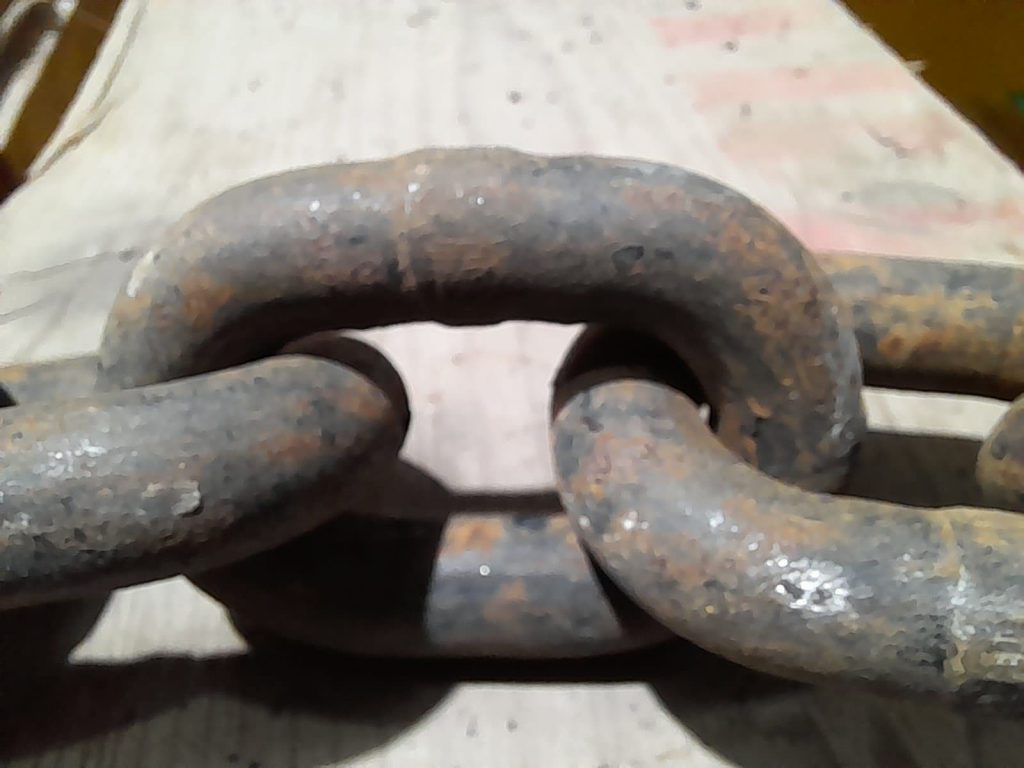PUWER & LOLER Inspections
"Specialists in the field of site safety"
Don’t let your machinery let you down. Instead, avoid downtime and compliance issues with PUWER inspections and LOLER testing from K&W Mechanical. With 40 years’ experience, our engineers are fully qualified to carry out inspections in line with the Provision and Use of Work Equipment Regulations 1998.
PUWER regulations are there to ensure any work equipment is:
- Safe
- Fit for purpose
- Maintained to legal standards
- Operated by trained individuals
- Displaying all the correct markings
It’s vital you get a professional PUWER assessment carried out before using equipment, whether cranes, plant equipment, LLT shackles for the first time, and then every 6 – 12 months following.
Professional PUWER Assessments
The engineers at K&W Mechanical are certified to carry out comprehensive PUWER inspections and testing. Established in 1977 in Bloxwich, West Midlands, we’ve built a strong reputation as reliable, highly-trained engineers with a vast knowledge of plant and construction machinery.
LOLER Inspections
Keep your lifting equipment fully functional with detailed LOLER inspections from our trained engineers. These checks will address any safety worries quickly and easily, thanks to our responsive service across Walsall, West Bromwich and beyond.
We carry out LOLER testing and assessments in line with the Lifting Operations and Lifting Equipment Regulations – making sure your equipment is legal and safe to use.
Our LOLER checks will ensure your lifting equipment is:
- Stable
- Fit-for-purpose
- Used and stored safely
- Marked with correct information
- Operated by trained staff
A UK-Wide Service
To discover more about our PUWER and LOLER inspections and how they can help your business, simply contact us today. We’re always happy to answer questions, and we provide a national service which includes our local areas of Walsall and West Bromwich.
Call us today: 01922 496 394



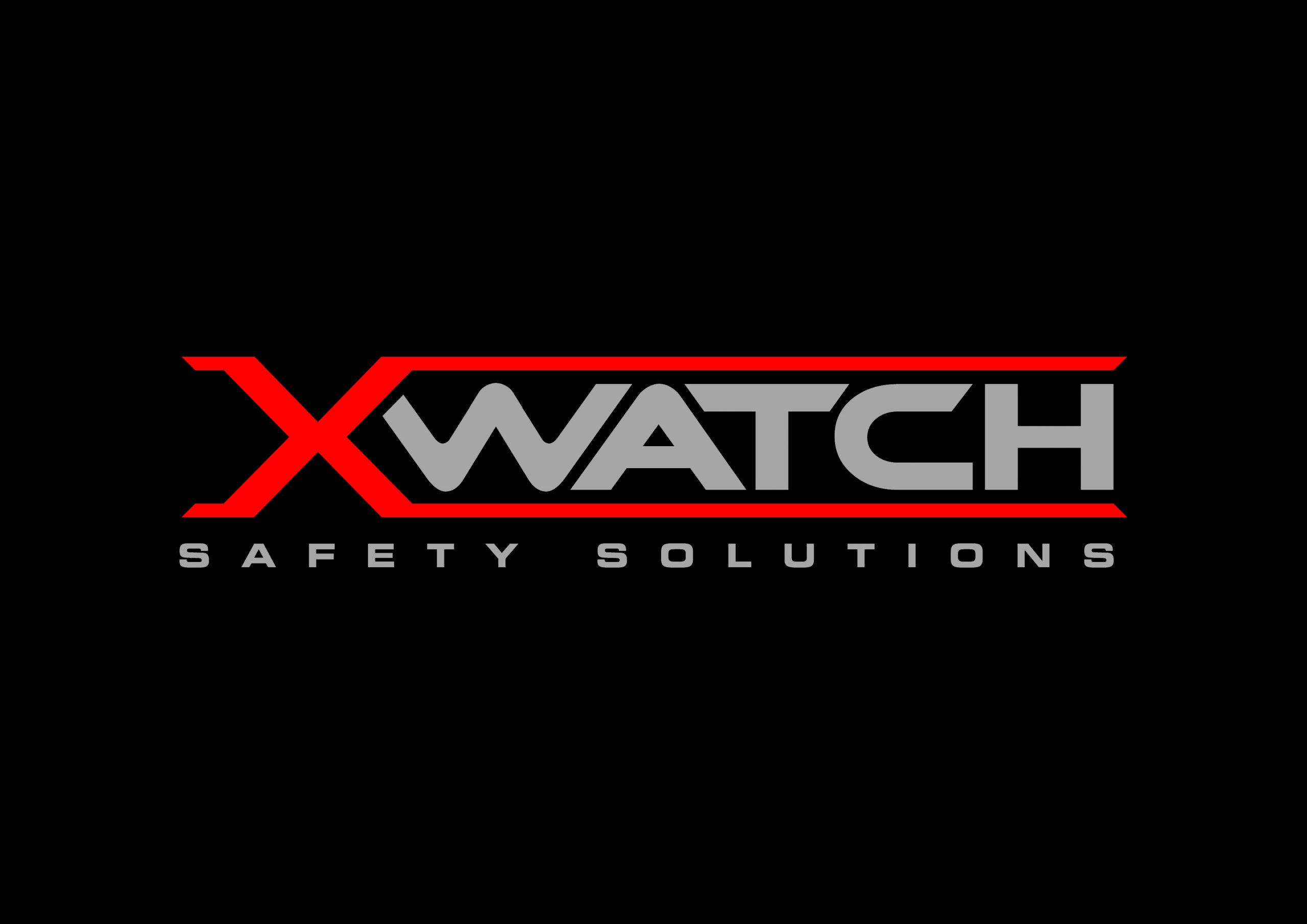
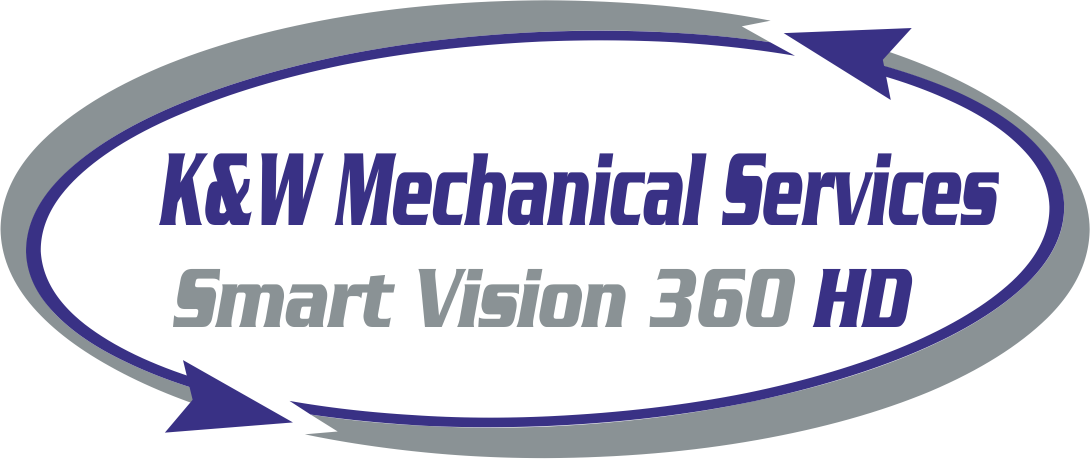

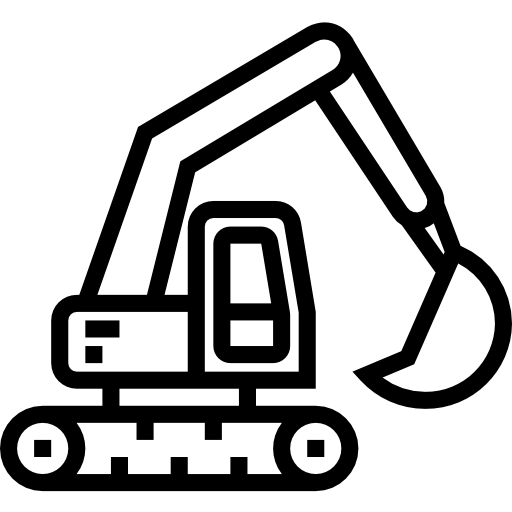

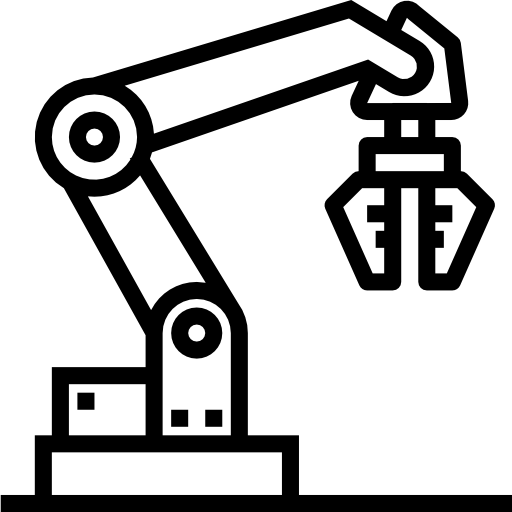
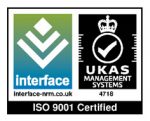

 What does LOLER apply to?
What does LOLER apply to?






